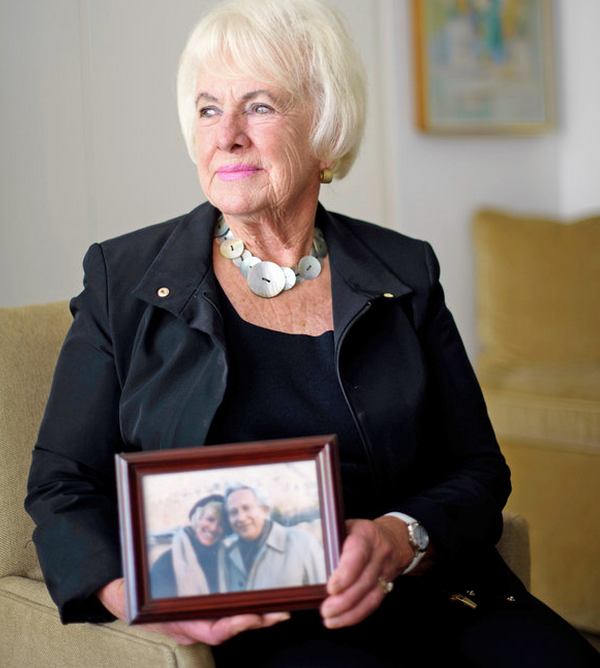I am honoured to once again deliver the UGME lecture “Demystifying Grief and Honouring Loss: Exploring Healing While Caring For Others And Ourselves” to the Michael G. DeGroote School of Medicine at McMaster University.
Grief is simply one word that cannot begin to describe a universal, yet uniquely complex and deeply personal, series of life-changing events and losses while still finding ways forward.
Acute care hospitals focus on short-term episodic care & interventions and treatments aimed at cure, creating an environment where death is seen as a failure, or where death is denied. What does this mean when dying and death are inevitable?
It is so essential in whole person and *family-centred care, that we explore impact on the person and family, not just treat part of the body, or acknowledge a fraction of the medical event, or illness. This is true for all we serve, and this is also true for healthcare providers stepping forward to deliver care who are deserving of care and support for themselves.
What does it mean to explore and honour grief for anyone facing trauma and loss stemming from acute medical events, complex illness, dying, death, bereavement - for any person and family, AND the healthcare providers caring for them?
A reminder, while largely stigmatized and misunderstood, in the words of Dr. Kenneth Doka,
“Grief is a reaction to loss. We often confuse it as a reaction to death. It’s really just a very natural reaction to loss. When we lose any significant form of attachment, grief is the process of adjusting”
Grief is a process, a uniquely personal ongoing process.
Grief can fracture one’s entire world, temporarily, or permanently.
Following an acute medical event, or a diagnosis, grief can fracture identities, hopes, routines, connections, sense of control and safety. Grief, largely invisible to others, is incredibly isolating, leaving the individual to navigate a fractured world, often alone – even when surrounded by others.
Modern medicine focuses on cure and fixing. In grief, healing focuses on care and process.
Learn to sit with (OR move with) grief as this demonstrates a sense of presence that is open, engaged and compassionate with the process of metabolizing grief, and in doing so, honours the losses, and the connections.
*family is always best defined by the individual we serve, as family, and loss of connections to family, are others sources of trauma and loss.






















